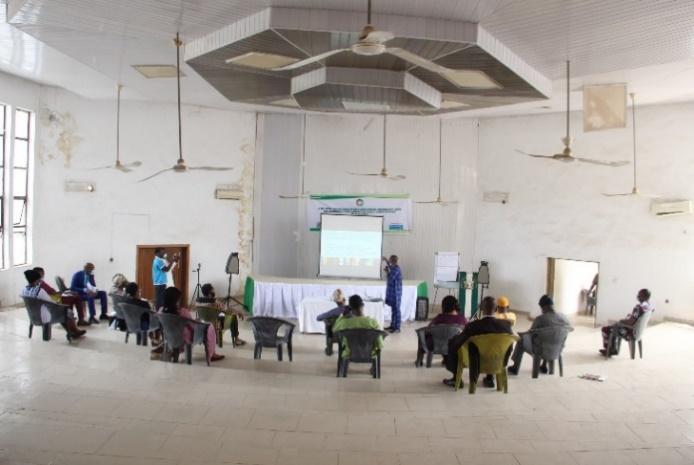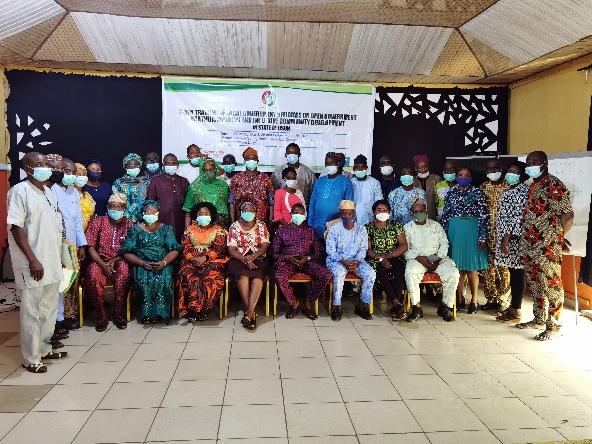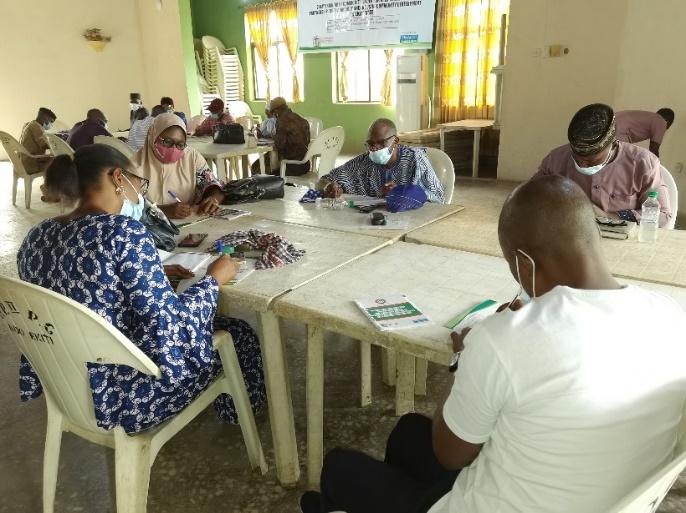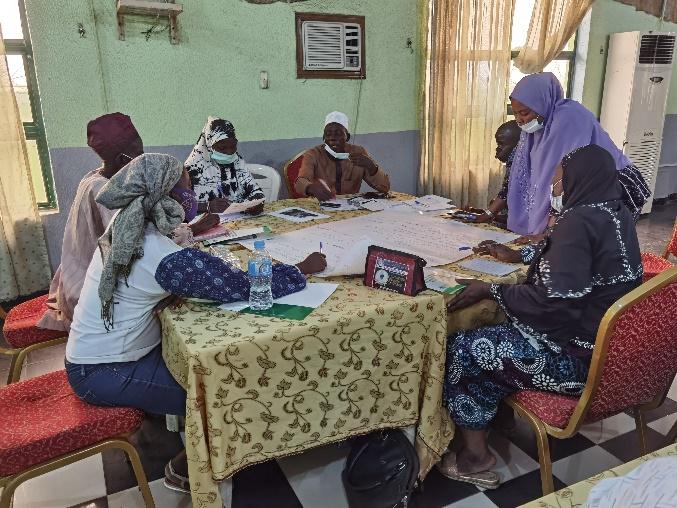
It is increasingly being recognised all over the world that citizens have the right to know and participate actively in the activities of the government. They have the right to access information about government expenditure and hold public officers accountable. However, citizens in Nigeria are not yet enjoying these rights as they should. The federal, state and local governments have not been open, transparent, accountable and responsive enough to the citizens, especially to those at the grassroots level. This is what the Open Government Partnership (OGP) seeks to address.
The OGP is a global partnership that brings together government reformers and civil society leaders to create action plans that make governments more open, inclusive, responsive, and accountable to citizens. It was founded in September 2011 by 8 countries. It has grown rapidly, and today includes 79 countries. 14 African countries have signed to join the partnership. Nigeria joined the OGP on July 27, 2016 and since then, 16 States have so far adopted the OGP in Nigeria – Abia, Adamawa, Anambra, Cross River, Delta, Ebonyi, Edo, Ekiti, Enugu, Imo, Jigawa, Kaduna, Kano, Niger, Taraba, and Zamfara. Kaduna State was the first to sign onto the OGP in Nigeria.
As required of countries who joined the partnership, Nigeria produced a National Action Plan (NAP) in October 2016; and the plan was approved at the OGP Summit in Paris in December 2016; its implementation started in January 2017. Nigeria is currently implementing 16 commitments from the second National Action Plan. The action plan features commitments related to fiscal transparency, anti-corruption, transparency, inclusiveness, and public service delivery. However, it is not being implemented at the grassroots level.
The implementation of the Open Government Partnership is even more important at the grassroots i.e. the local government (LG) level. The grassroots citizens constitute huge proportion of the Nigerian society; yet, over the years, they have been deprived of opportunities and resources that could improve their social and economic wellbeing. The grassroots communities lack basic amenities and services like motorable roads, quality healthcare, stable power supply, quality education. Meanwhile, grassroot citizens tend to rely heavily on public services; this is because they cannot afford to patronize private schools and private health facilities, provide private boreholes to meet their needs for water, nor run generators for power supply as do the more well-off segments, middle and upper classes of the society.
For low-income grassroots citizens it is imperative that the government is able to effectively deliver public goods and services. It is a matter of survival. This is why it is more important for governance to work for grassroots citizens and to make the partnership work at the grassroots level; why it is more important that there is transparency, reduced corruption, accountability and judicious use of public funds at all levels of government, especially at the LG level. OGP needs to also be actualized at the LG level.
In order for governments and grassroots citizens of Ekiti and Osun States to know how to make OGP work at the grassroots level and the roles to play in making it effective, Community Life Project (CLP) organised capacity building workshops on OGP and Inclusive Development for Senior Public Officers, Local Government Executives, civil servants, and Community Leaders from sixteen local governments in both States.




The participants noted that to make the actualise the objectives of OGP at the grassroots level both the government and grassroots citizens have roles to play. They highlighted some of the roles to be played by the government and communities in making OGP effective at the grassroots level as follows:
The role of government
- Publishing information on the monthly expenditure of LGs for grassroots citizens to know how LG funds are being spent; how much revenue the government realised from Federal allocations and Internally Generated Revenue (IGR). The information should be comprehensive, timely and freely available to the public. It should also include information to enable grassroots citizens better understand the implementation of the LG budget.
- Making information on governance activities and decisions open. Citizens should not be denied information when they request for it.
- Engaging the citizens. The government should regularly meet with the communities to know their real needs and plan with them to meet the needs. Grassroots communities should be enabled to engage in public debate, provide input and make contributions that will lead to more responsive and effective governance.
- Make room for grassroots communities to actively participate in project management – planning, budgeting and implementation. They should have a strong voice in whatever the government wants to do in their communities.
- Embracing technology to drive home development. The government should provide grassroots citizens with access to technology and increase their capacity to use the technology.
The role of communities
- Assisting in identifying grassroots problems and drawing the attention of the government to areas of priority needs in their communities
- Participating actively in electoral and governance processes, budget planning and implementation of projects.
- Monitoring, supervising and evaluating government projects to ensure quality materials are used and projects are executed to precision.
- Periodically reviewing projects included in the budget to know which ones have ben executed and which is left to be done.
- Serving as watchdog to government and criticizing constructively where needed.
Challenges that may affect the implementation of the OGP at the grassroots level
The implementation of the OGP at the grassroots level will suffer from challenges of varying degrees, these include:
- Lack of political will to make the local government transparent in her dealings and to ensure that duty bearers are accountable to the grassroots citizens. This is because the political actors are the greatest beneficiaries of corrupt practices at different levels of government; this is the main reason there is no transparency; why the financial activities of government are shrouded in secrecy;
- Political instability or lack of continuity is another challenge. A new leadership with a different agenda might jettison the OGP commitments;
- Lack of access to governance information by the grassroots citizens;
- Lack of fiscal autonomy by LGs; interference by state governments – they usurp LG funds and functions;
- A general citizens’ lack of trust and confidence in government
- Grassroots citizens’ poor awareness of their rights and how to exercise voice and agency
Overcoming these challenges is critical for the OGP to be operational at the grassroots level. One way to do this is for states that have signed on to OGP to put the necessary institutional mechanisms in place at all levels of governance in collaboration with LGs. It should be governments’ policy to publish both state and LG budgets and to do so separately; budgets should also be properly presented with sufficient details to facilitate tracking by citizens. LGs need to create space for communities to participate actively in budget decision-making by influencing the choice of LG and Constituency projects meant for their communities. Lastly, feedback mechanisms should be put in place including protective and ethical procedures for whistleblowing.
A more transparent, accountable and participatory governance culture at the grassroots level will ensure better service delivery, restore citizens’ trust in government and promote inclusive community development; it will give grassroots citizens a greater sense of ownership and bring about real development of their communities.

